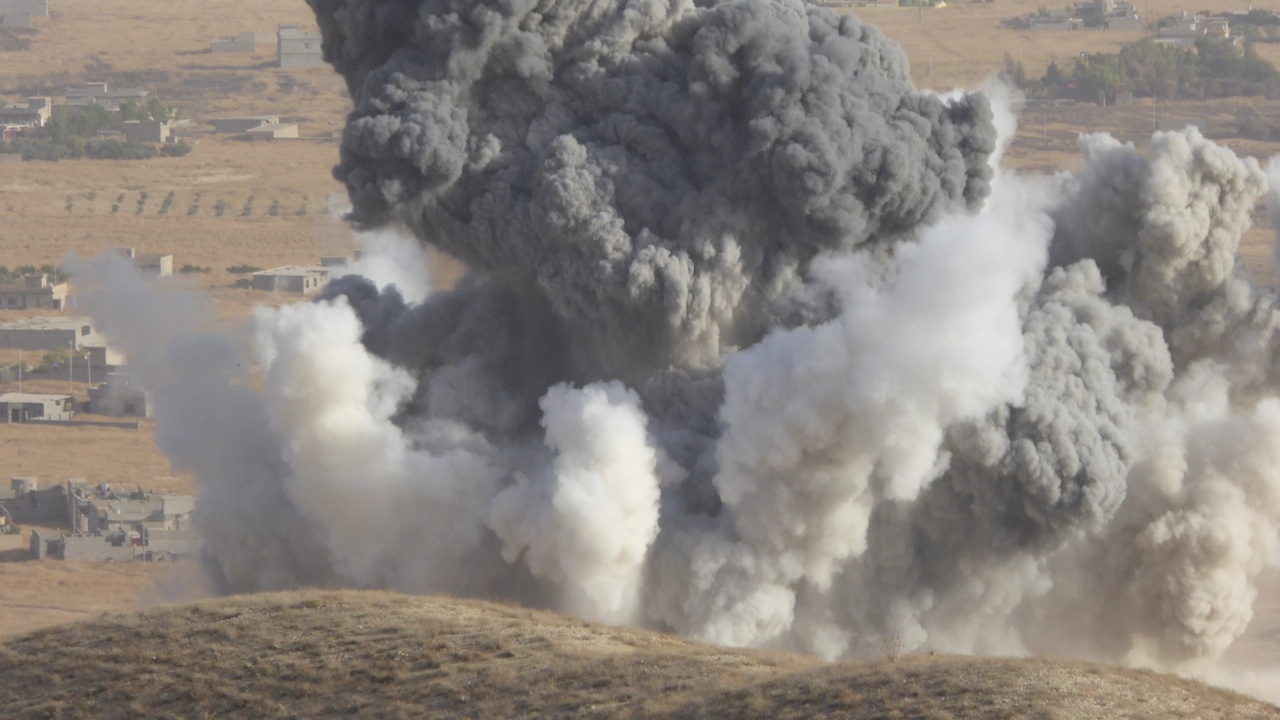Kurdistan
If our families were held or killed by ISIS, what would we do? We would try to rescue our families and hunt down the terrorists. But how do we do this in justice and with love? The evil reign of ISIS, now spreading worldwide, has made it clear how vulnerable we all are and that we need to act.
In 2015, FBR participated in hearings with members of the U.S. Congress, State Department and Pentagon about the ISIS crisis. We testified alongside a young Yazidi woman who had been captured by ISIS in August 2014 from Sinjar City; she was sold to a ISIS recruit and was held and raped for five months in Syria before escaping. She described the rapes and murders of hundreds of people. Her powerful testimony brought many to tears. She appealed for help for the more than 3,000 other girls who are still held captive.
We conducted three relief missions to the Sinjar area of Kurdistan, Northern Iraq, in 2015. Our team included the Karen people from Burma, whose shared experience of historical oppression sparked a deep connection with the Kurds we met. On Sinjar Mountain, thousands of displaced Yazidis still live in tents. Below is the city of Sinjar, which has just been liberated by the Kurds with U.S. and coalition air support. The people thanked America and all those who are helping, saying, “We are fighting ISIS not just for us but for the world.”
It is right to stop ISIS and rescue the thousands of girls and women held as sex slaves. A Yizidi mother told us, “When we get our homes back from ISIS it will mean nothing if our children are dead.”.
It is right to stop their global acts of murder and terror. The longer we wait, the more ISIS gains in perceived legitimacy, reinforcements, and preparation.
We need a two-part strategy: One, to set the oppressed free and defeat ISIS; Two, to share love and mercy and open a way for change.
The first part means that the international community immediately conducts the political, diplomatic, economic, humanitarian, and military actions needed to set people free and defeat ISIS.
The second part means we respect ethnic and religious tensions and acknowledge the concerns of each nation. It means admitting wrongs, correcting the injustice that allows ISIS to grow, being willing to give freedom to ethnic groups within a regional partnership and to offer mercy and way out for ISIS members.
We stand against ISIS and we’re also praying for the people of ISIS—and asking God for love for them. No one is beyond redemption: In Burma a regime soldier who once murdered villagers joined our team to help the same people he once attacked.
I prayed three prayers in Jesus’ name while looking at the black flag of ISIS flying outside of Mosul:
1) That ISIS would be stopped.
2) That Kurds and all peoples of this area would be free.
3) That the hearts of ISIS and all enemies would change to love.
Fighting evil and grounding our actions in love are practical ways towards defeating ISIS and uniting for a new way forward.
~Dave Eubank

